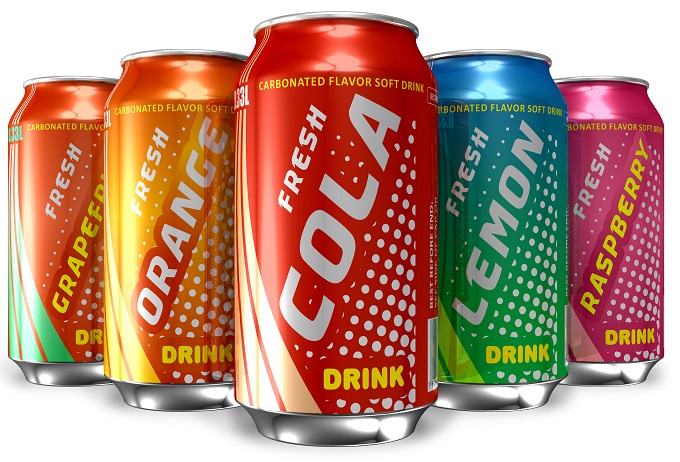
<h2>Public health department Hāpai Te Hauora is calling for a universal ban on the sale of non-water beverages in New Zealand schools and made the following announcement this week:</h2>
<p>Sugary drinks are now ubiquitous in our communities. Children are exposed to sugary drinks everywhere, including some schools. As a result, they are consuming extremely high rates of sugar &#8211; far more than the WHO-recommended daily sugar intake.</p>
<p>With this in mind, it is hardly surprising to see high rates of obesity, diabetes, dental caries and many other health issues linked to the obesogenic environment among children in Aotearoa. Janell Dymus, General Manager Māori Public Health at Hāpai Te Hauora believes that to tackle this issue, school policies should be changed. &#8220;Sugary drinks should be prohibited in schools.&#8221;</p>
<p>Dymus says &#8220;It is time to take serious action and protect our children from sugary drinks. The only drink we need available to our children is water. If we want them to be healthy, schools should have policies banning the sale of sugary drinks&#8221;.</p>
<p>&#8220;This will only be achieved if the Ministry of Health and the Ministry of Education work closely to support our children’s future health and wellbeing.&#8221; Dymus continues.</p>
<blockquote>
<p>&#8220;The Ministry of Health is currently developing a strategy for child and youth health. A water-only policy for New Zealand state schools is an obvious area of collaboration which will support the goals of both public agencies. Children will be healthier, and their concentration and behaviour will not be adversely affected by high sugar beverages. It’s a win/win.&#8221;</p>
</blockquote>
<p>Current regulatory settings which allow for sugary drinks in schools send mixed messages to parents and children. &#8220;We cannot encourage children to choose healthy beverages when schools provide unhealthy ones. Beverages sold in schools should be chosen carefully because when fizzy and sugary drinks are sold there we are telling children these drinks are good for you and normalizing them which we do not want to do. We cannot expect children to prefer water over sugary drinks when the heavily marketed and advertised sugary drinks are placed next to water in schools vending machines.&#8221;</p>
<p>Child health indicators are currently under scrutiny by the Government. However, topics like school environments and their influence on child health have not been given enough attention. To reduce children’s sugar intake and hence improve child health, schools are a good place to target as the sale of sugary drinks in schools could be easily restricted for little cost and effort.</p>
<blockquote>
<p> &#8220;We cannot target specific schools or groups when restricting sugary drinks. Every child is exposed to the heavily marketed sugary drinks, policies should protect them all,&#8221; Dymus added.</p>
</blockquote>
<p>In response to the saturation of sugary drinks in our communities across Aotearoa, Hāpai are leading, for the second year, a whanau-centric challenge to reduce consumption of sugary drinks and increase consumption of water across our communities.</p>
<h3><a href="https://www.fizzfree.org.nz" target="_blank">The &#8216;Fizz Free Whānau&#8217; challenge to reduce sugary drink consumption takes place the whole month of Feb! Find out more here.</a></h3>

EXCLUSIVE: Teachers used to be paid two to three times more than minimum wage workers,…
After an “overwhelming” vote to reject the latest Government offer, secondary school teachers will begin…
Second-language learning should be compulsory, says a new report from a forum bringing together academics,…
A new entitlement aimed to improve access to learning support coordinators for schools with students…
Educators have raised questions about the Ministry of Education’s new secondary school subjects, set to…
Professional learning and development (PLD) for teachers needs to be higher impact for teachers and…
This website uses cookies.